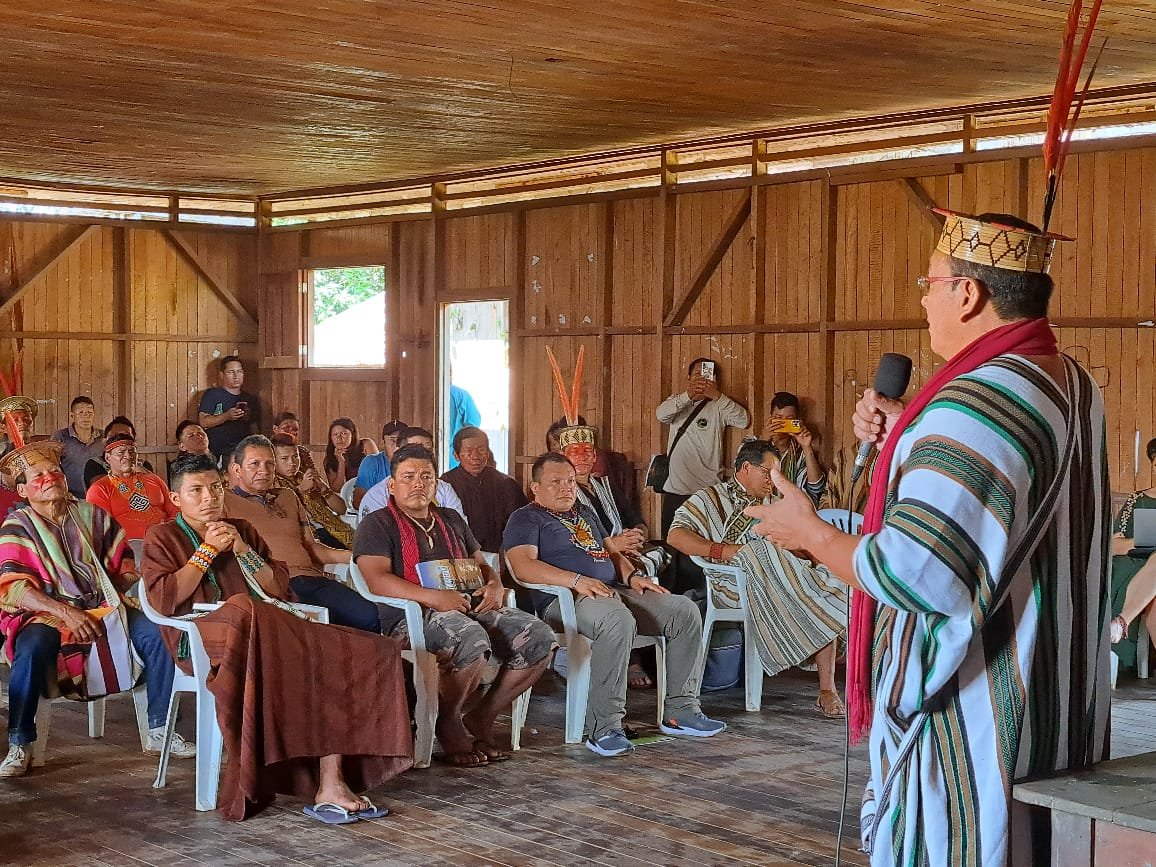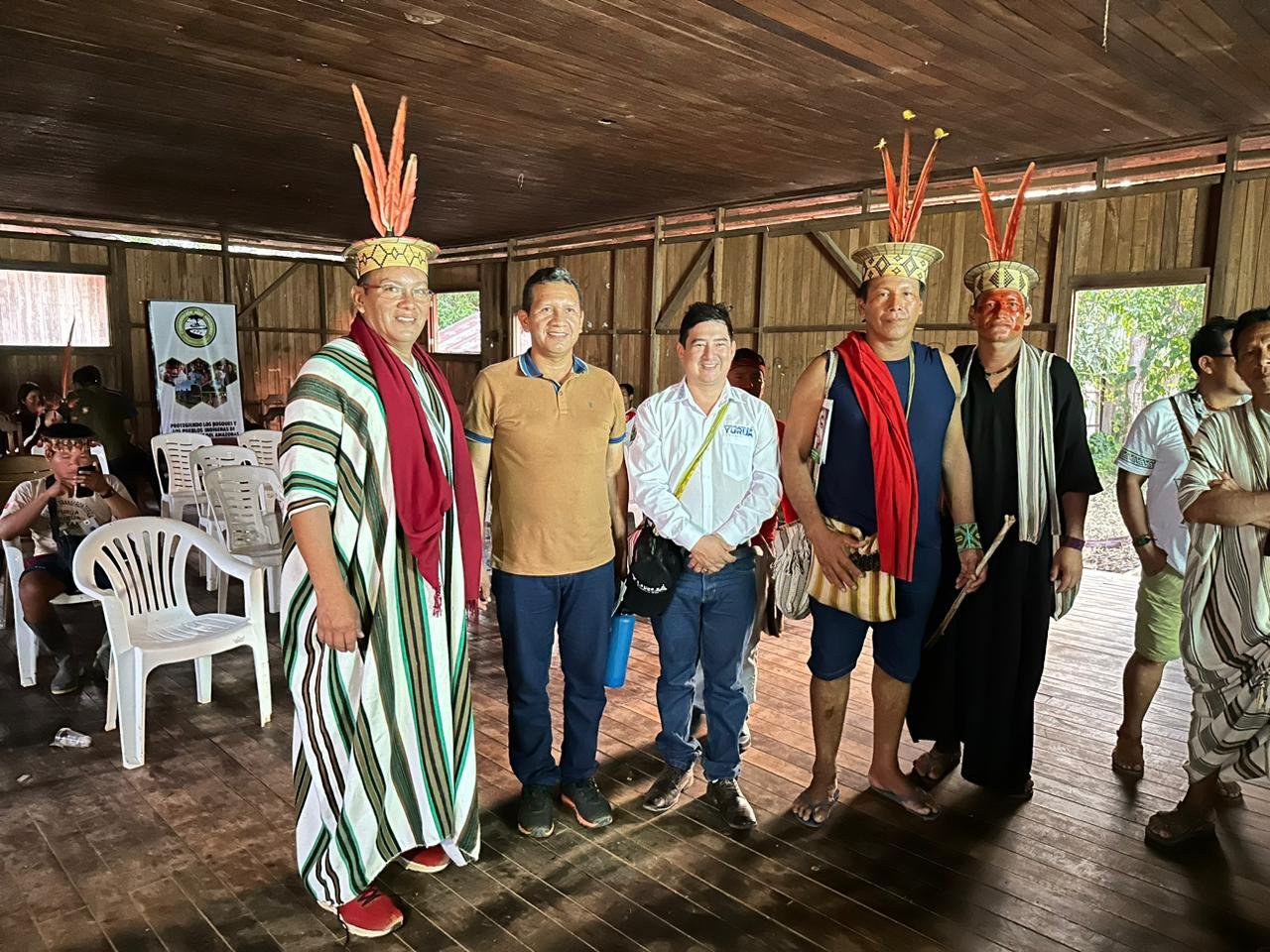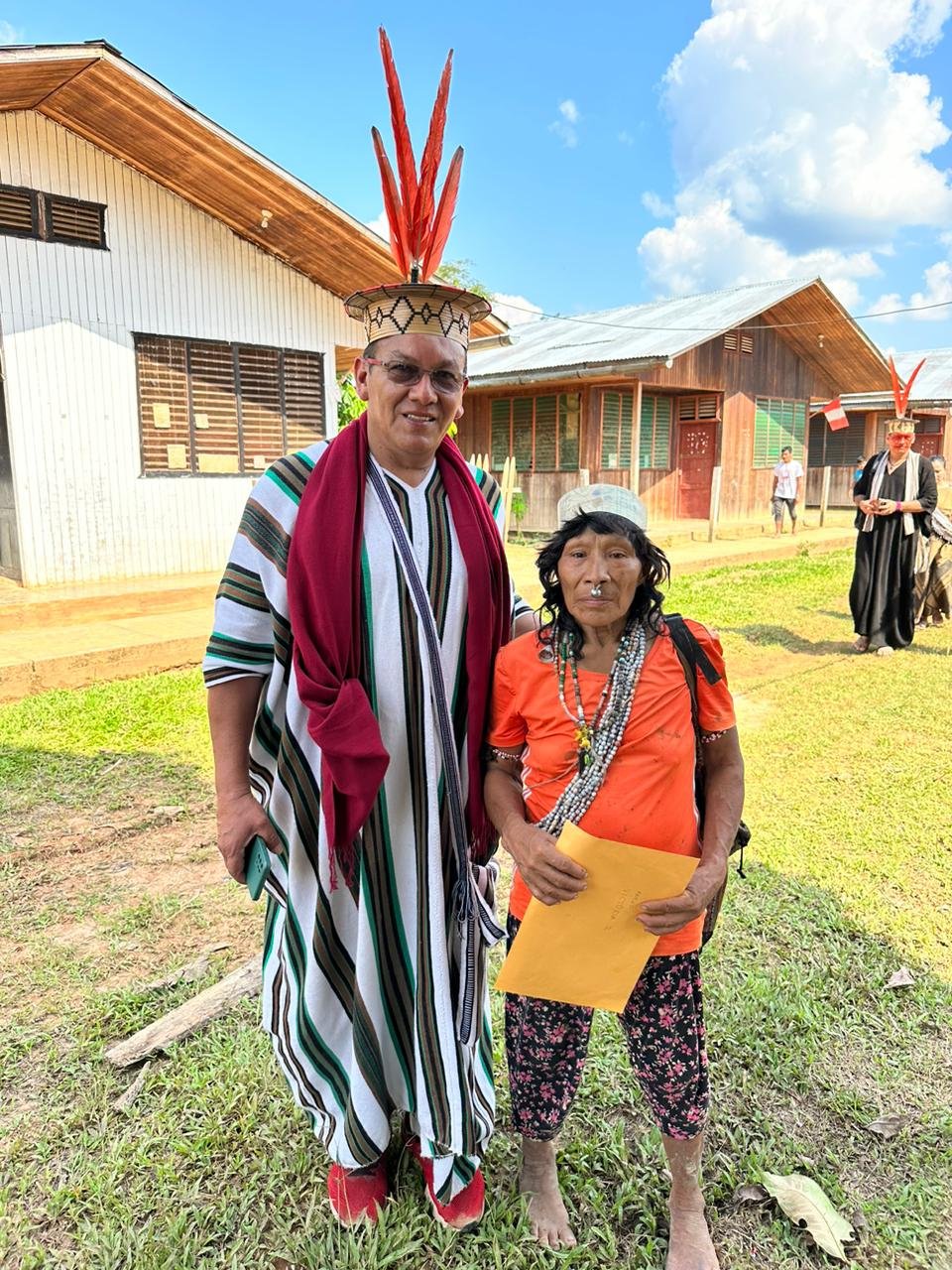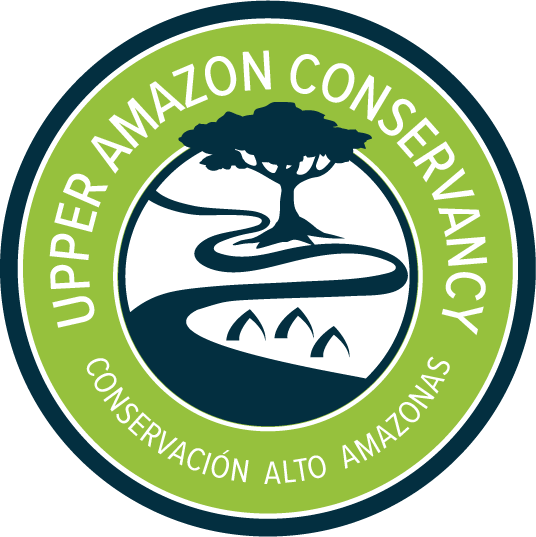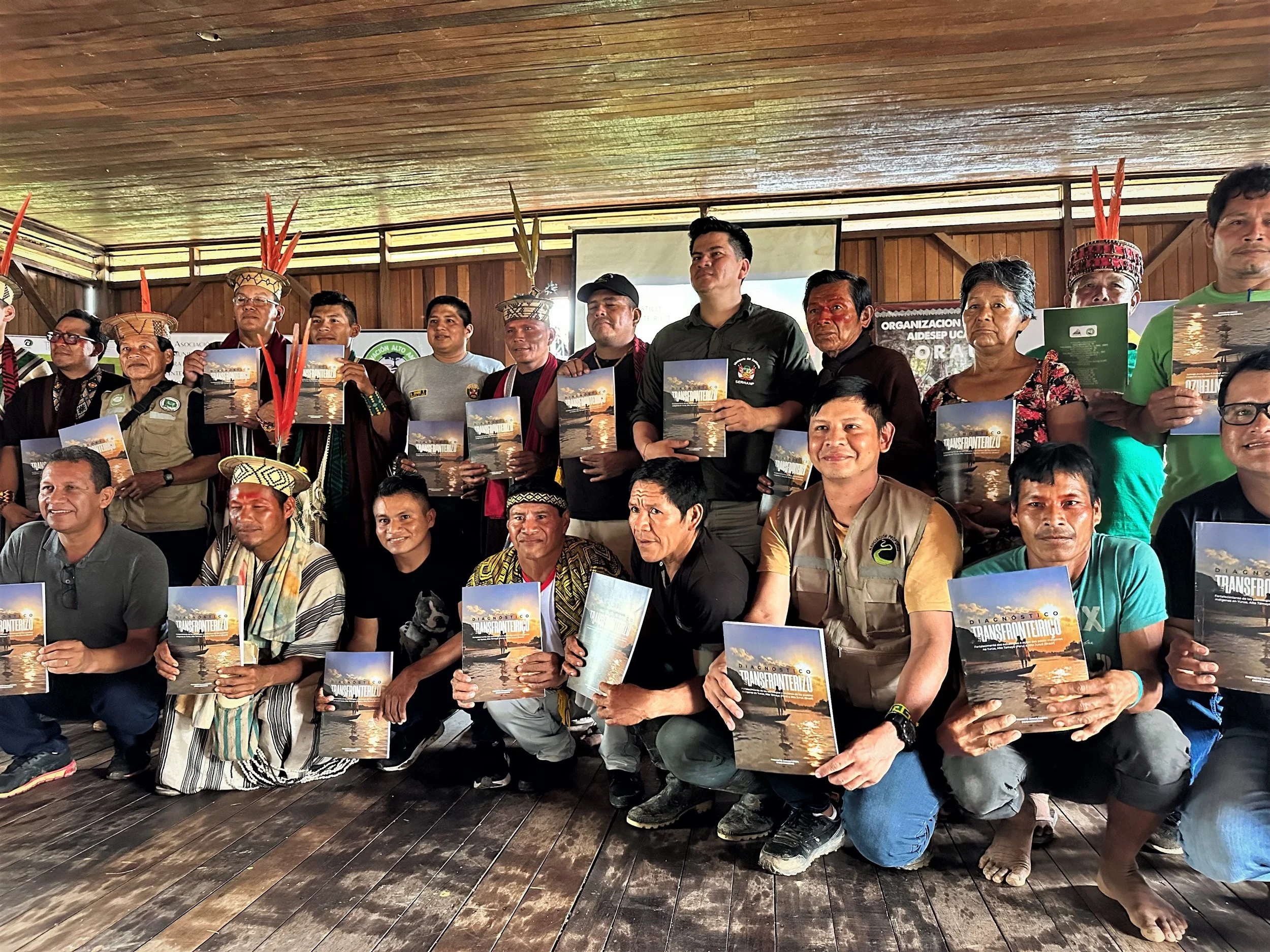4th Meeting of the Yurúa - Juruá - Alto Transboundary Commission
UAC is proud of our role in coordinating the work of a bi-national commission of Indigenous federations and supporting organizations concerned about illegal road construction and related impacts in the Ucayali, Peru and Acre, Brazil borderlands. On February 23rd and 24th, we hosted the “Fourth Working Meeting of the Yurúa - Juruá - AltoTamaya Trans-Boundary Commission: developing a sustainable development agenda for the indigenous peoples of the Peru - Brazil border” in Puerto Breu, the capital town of the Yurúa region.
The main objective of this event was to facilitate discussion and plans among the native communities and their Indigenous organizations in order to counter the threats the Indigenous territories are facing.
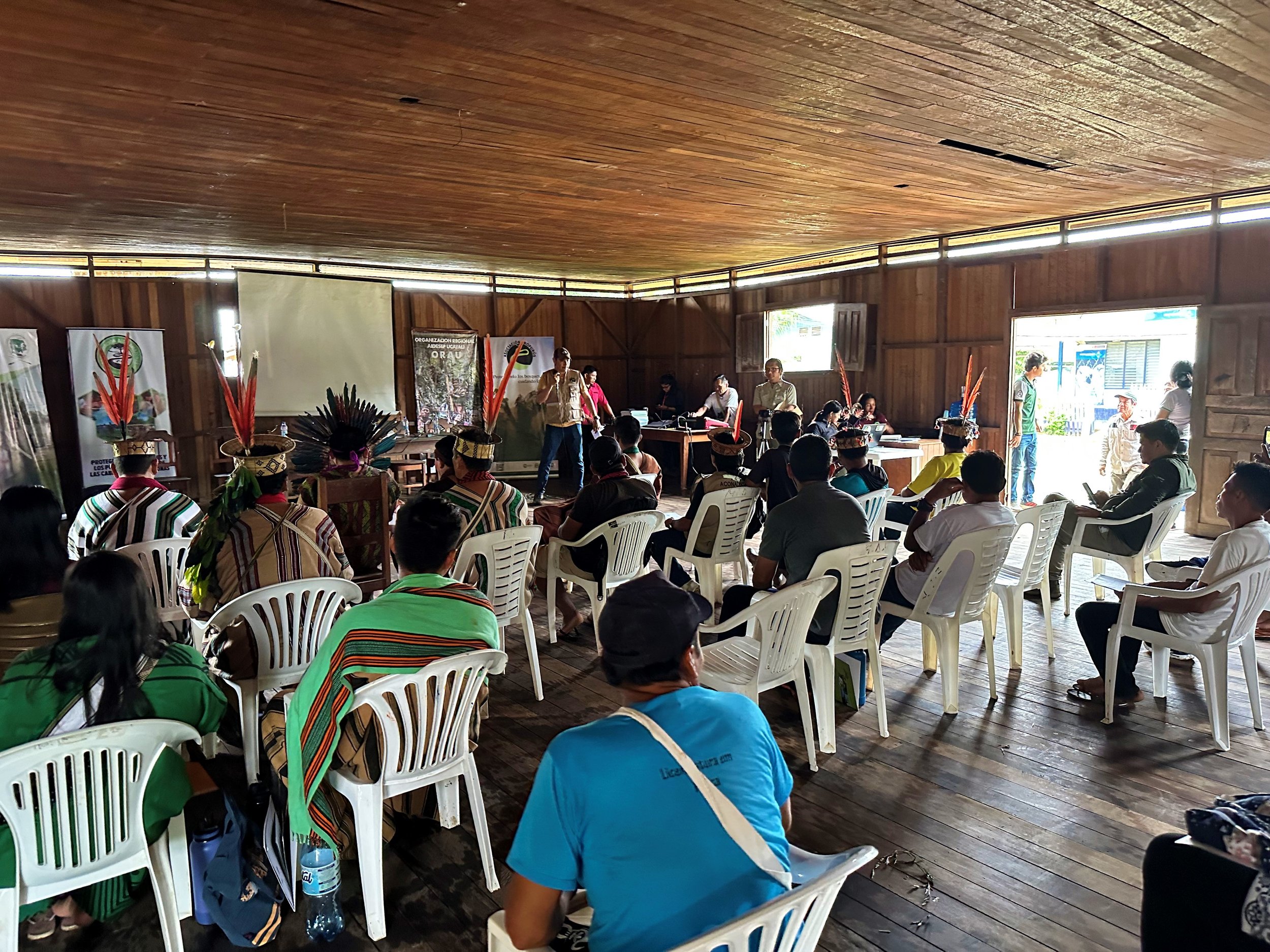
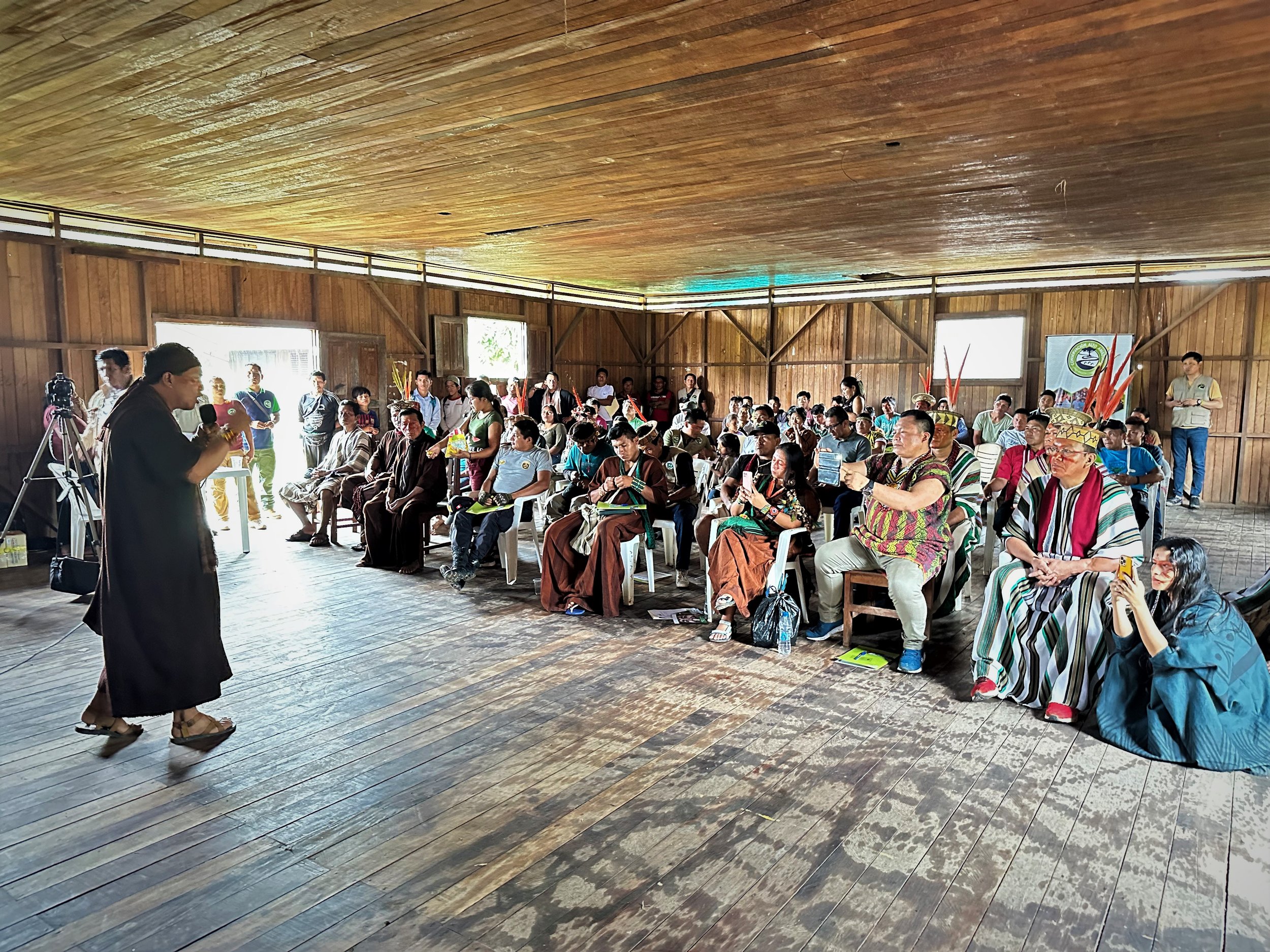
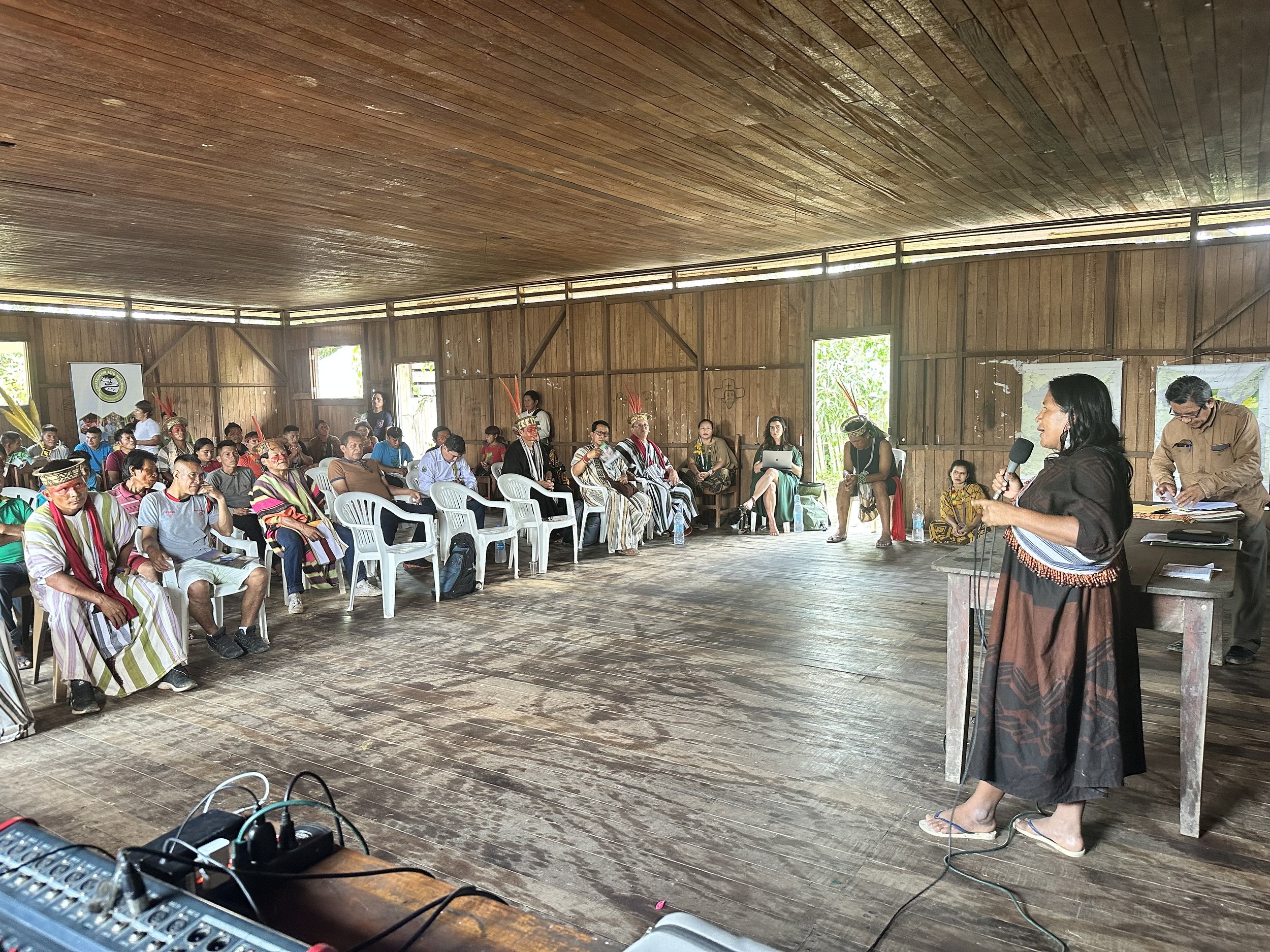
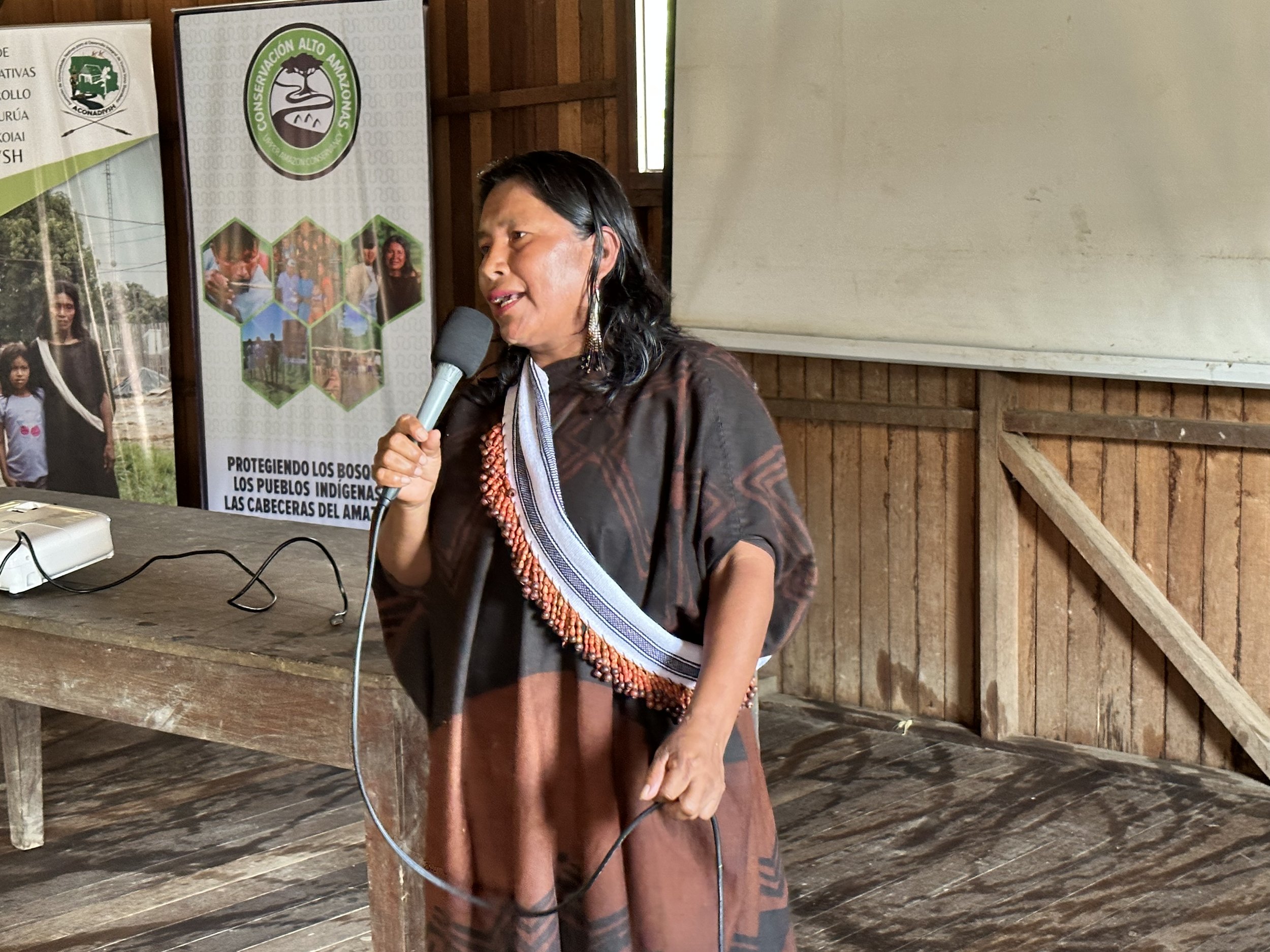
This event was attended by Indigenous organizations from Peru and Brazil: the Regional Organization of AIDESEP in Ucayali (ORAU) and the Yurua Indigenous federation, ACONADIYSH, from Peru, and the Asháninka Association form the Amonia River (APIWTXA), and the Organization of Indigenous Peoples of the Juruá River (OPIRJ) from Acre, Brazil. Various governmental and civil society agencies also participated including Peru’s park’s service, SERNANP, and Ministry of Culture.
After a busy two days of discussions and working groups, at the end of the event, participants were presented with a new document named “Transboundary Report: Strengthening Strategies and Actions of the Indigenous Peoples in Yurúa, Alto Tamaya (Peru) and Alto Juruá (Brazil).” The document (available here in English) was developed with an aim of strengthening the partnership among leaders and Indigenous communities from these rivers and to consolidate the cross-border strategies of land protection, conservation, community-based development, and Indigenous rights. It includes the results of three previous strategic meetings over the last two years, involving representatives from 15 tribes from Acre (Brazil) and Ucayali (Peru): the Ashaninka, Asheninka, Yanesha, Amahuaca, Chitonahua, Yaminahua/Jaminawa, Apolima Arara, Kuntanawa, Huni Kuin/Kaxinawá, Katukina, Sharanawa, Nawa, Puyanawa, Nukini and Shipibo-Konibo.
Participants with copies of the “Transboundary Report: Strengthening Strategies and Actions of the Indigenous Peoples in Yurúa, Alto Tamaya (Peru) and Alto Juruá (Brazil).”
At the event’s conclusion, the leaders and representatives from the Indigenous communities and organizations recommitted to continuing working together for the sustainable development of the Peru-Brazil border area. The statement is available here, in Spanish.


